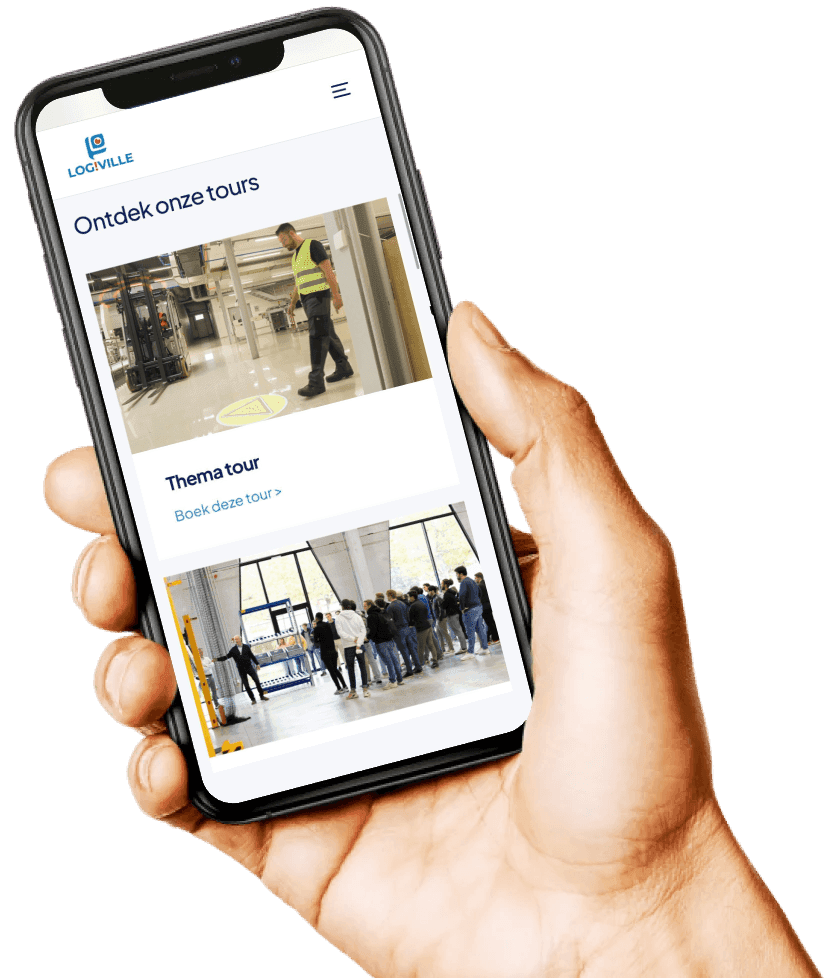Expertise
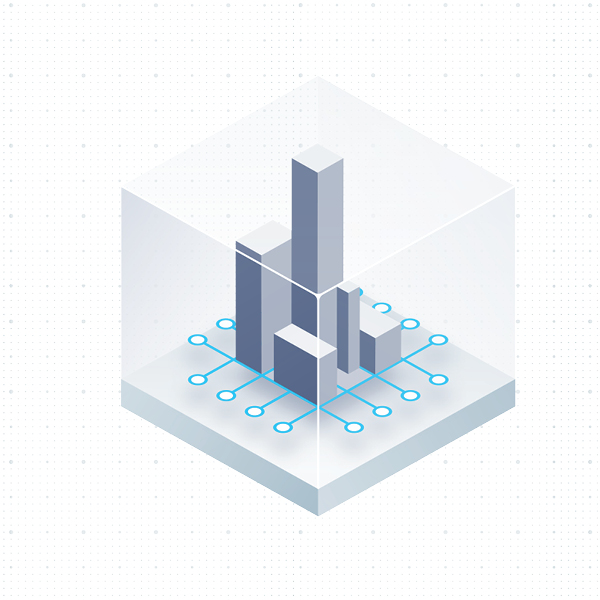
Smart City Logistics / Optimal local deliveries
Supplying the city daily leads to busy roads, delays and congestion. Limited and costly space in the city further complicates the logistics. To address these challenges, a more efficient organization of goods flow is essential.
Introducing the 'Digital Twin' – a virtual replica of the city equipped with real-time data. Powered by AI, it calculates the optimal transport combinations for goods delivery. To ensure sustainability, a consolidation hub located at the city's edge facilitates climate-neutral deliveries and return flows.
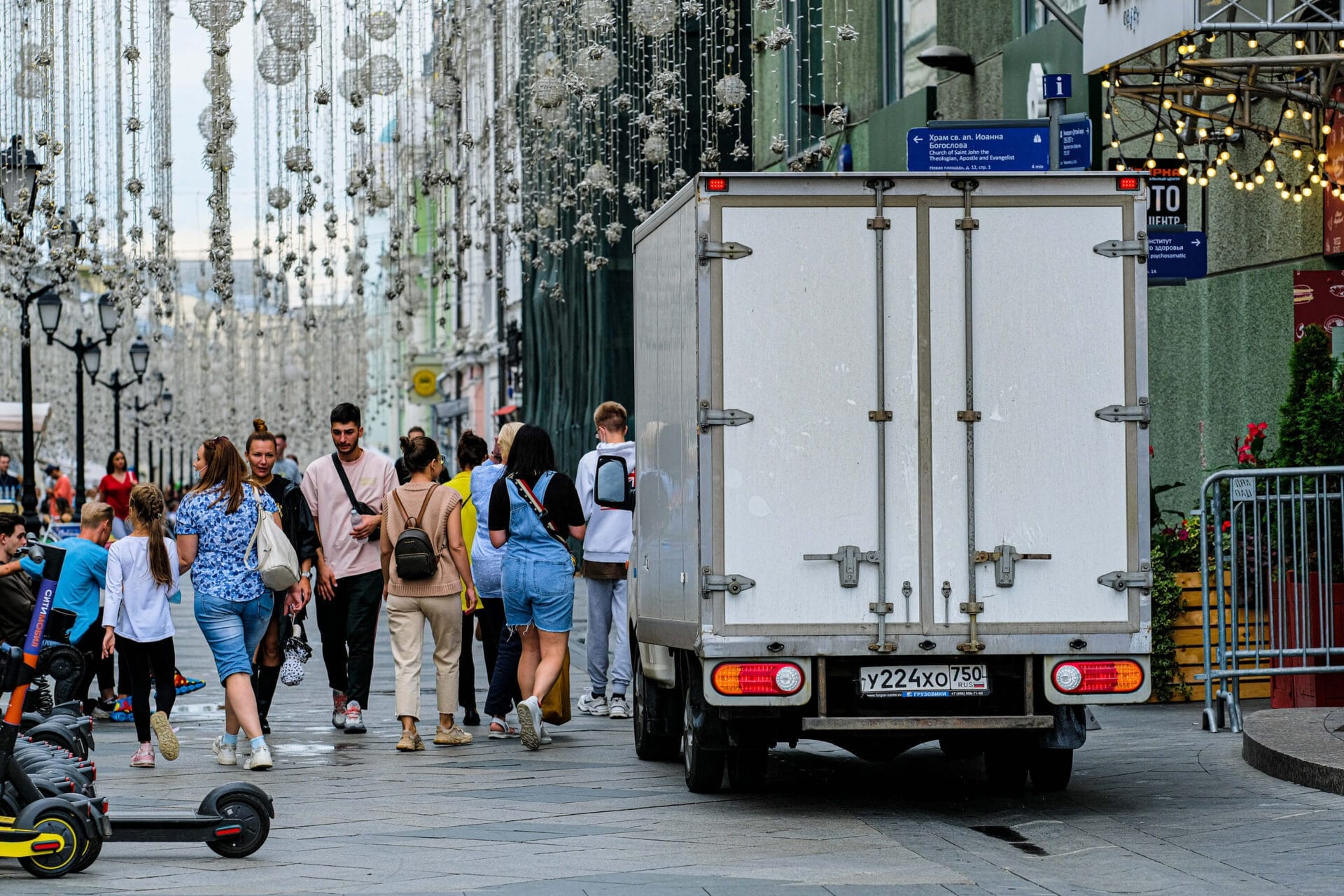

Digital Product Passport / Overview with Insights
Unlocking product data for consumers, producers, and logistics service providers is now simpler with the Digital Product Passport. This passport can grant access to comprehensive product information, including raw material origins, composition, and more. Additionally, it will enable the automation of transport documents, goods receipts, and supports circular applications.
On top of that, the Digital Product Passport creates sustainability awareness for you and your business.
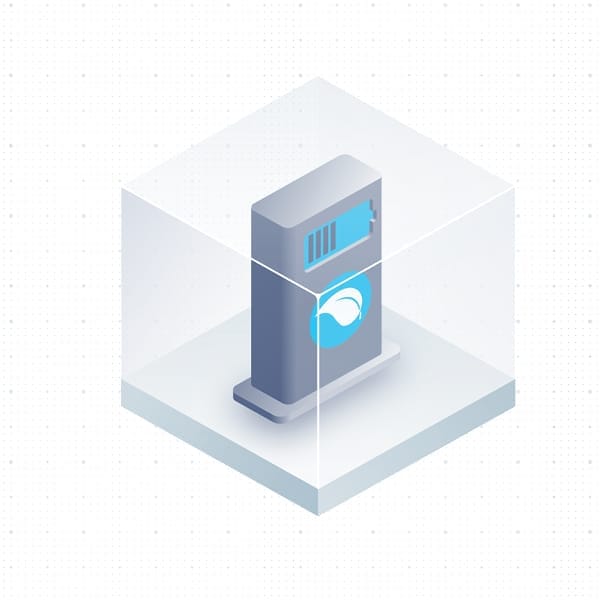
Fuels and transmissions / Cleaner roads
Achieving emission-free driving, sailing, and flying is a transformative journey. We aim to have a world powered by eco-friendly fuels and long-lasting, high-performance batteries. Yet, the path to this future requires a thoughtful approach.
In practice, a convergence of diverse technological advancements is essential, as each form of transport demands its unique, tailored solution. Together, we pave the way towards a sustainable and cleaner transportation landscape.
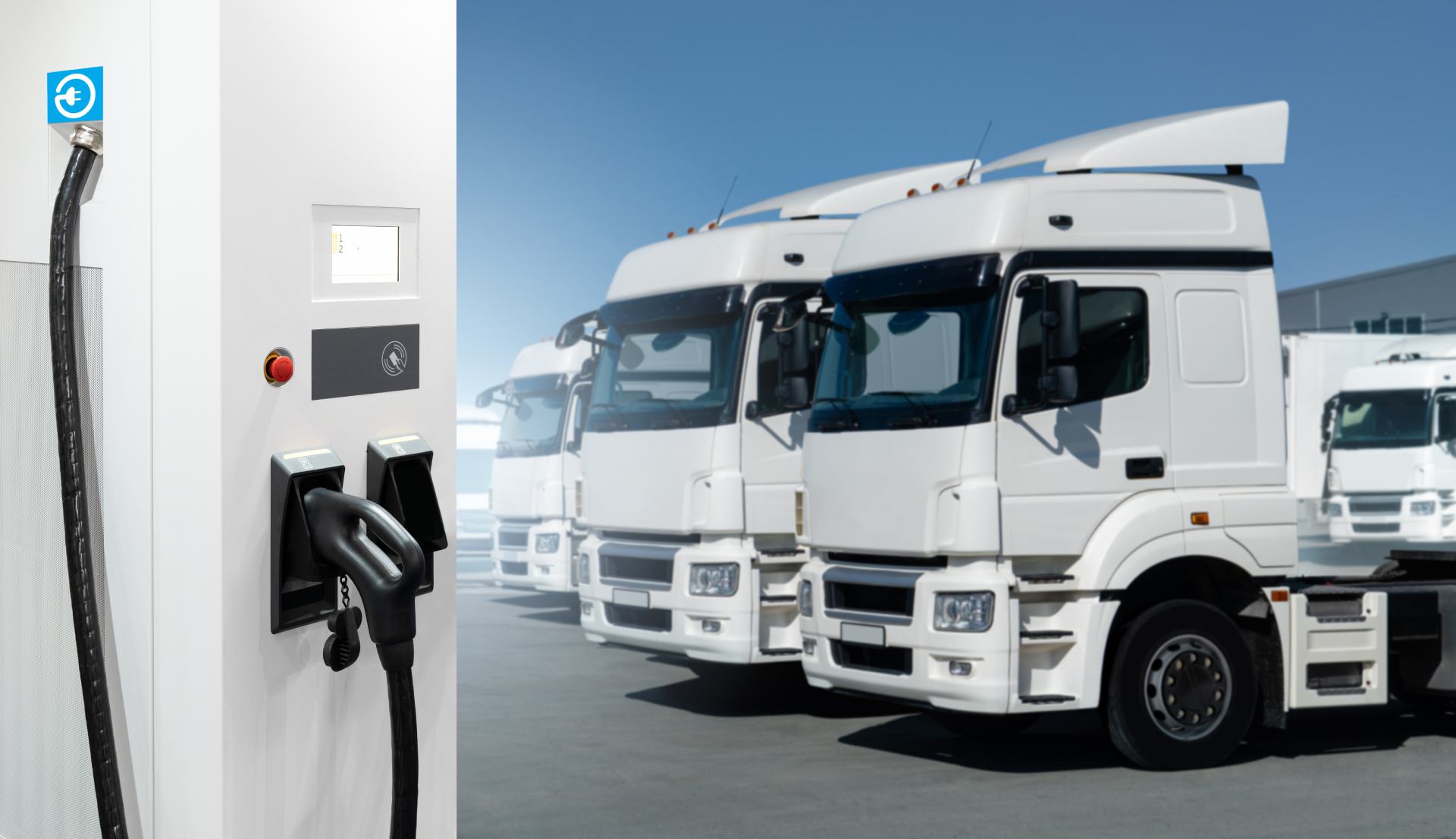

Product as a Service / Use without ownership
PaaS, or Product as a Service, is a business model where customers pay for using and receiving services of a product without owning it. The product remains the property of the provider, who handles consumables delivery and maintenance. Once the product is returned, the provider refurbishes or recycles it for future use.

Additive manufacturing / On the spot production
Additive Manufacturing (AM), also known as 3-D and 4-D printing, is a cutting-edge technology that creates objects by building them layer by layer. This process allows for greater design flexibility, reduced waste, and the ability to produce complex geometries that may be challenging or impossible using traditional manufacturing techniques. AM is revolutionizing how products are made.
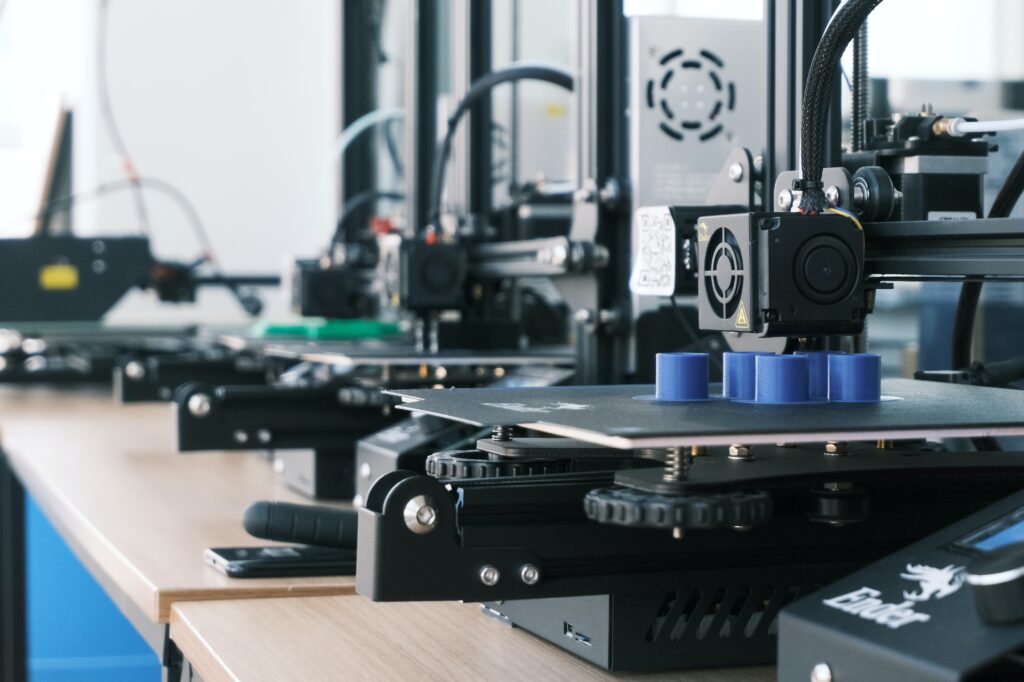
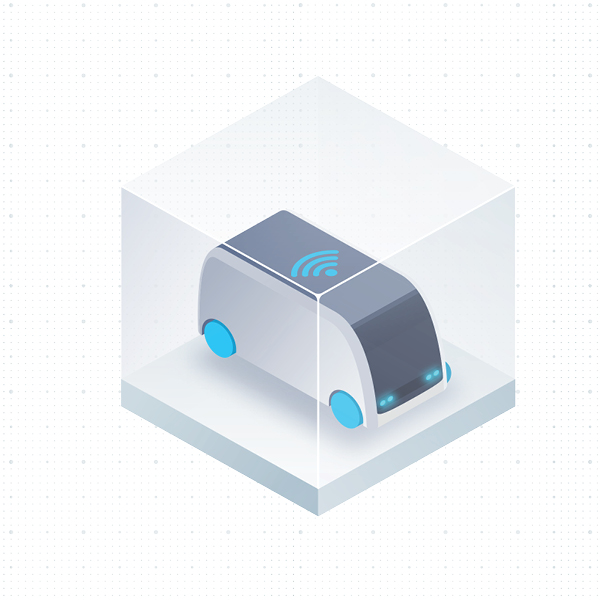
Autonomous vehicles / Unmanned on the roads
Equipped with cameras, sensors, radar (LIDAR), and Artificial Intelligence, these vehicles can transport goods without the need for a human driver. Communicating seamlessly with each other and the environment, these autonomous vehicles anticipate and respond promptly to the surroundings. Dynamic route calculations ensure goods to arrive 'Just in Time,' optimizing energy consumption throughout the journey.

Tube logistics / Hurtling through tubes
Goods transportation currently relies on roads, railways, waterways, and planes, but these networks are increasingly congested and often involve polluting vehicles.
The Hyperloop is a (potentially underground) transportation concept that involves high-speed travel inside near-vacuum tubes. By eliminating air resistance and friction, the hyperloop promises efficient, fast, and sustainable transportation for both passengers and cargo. This technology could revolutionise long-distance travel, significantly reducing travel times and environmental impact.
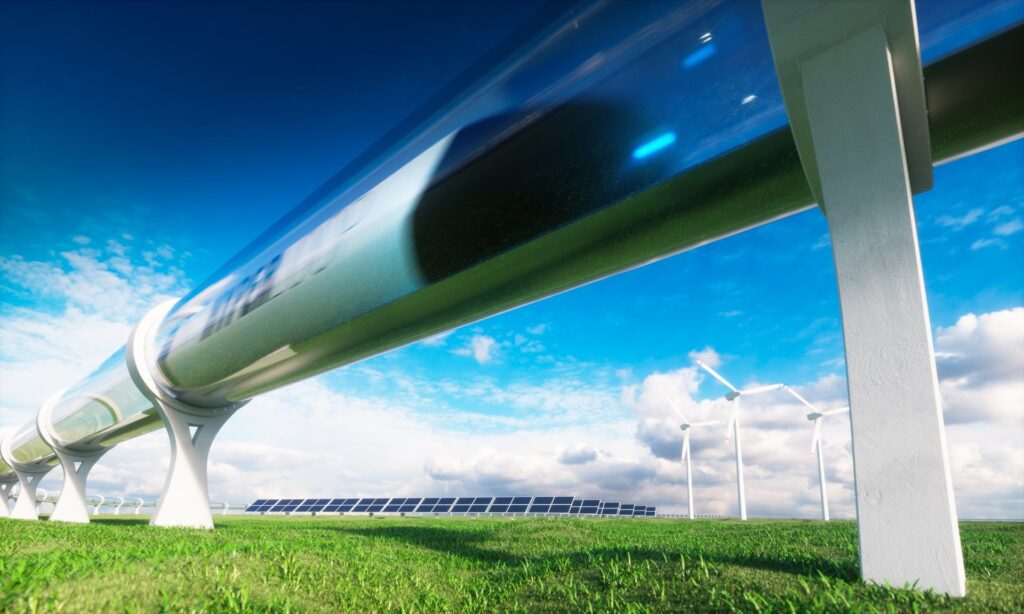
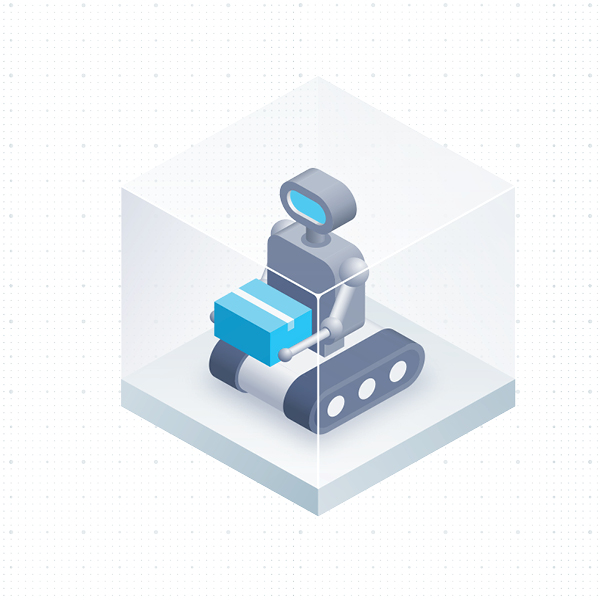
Autonomous warehouses / Robots between the racks
Warehouse and distribution centre work can be monotonous, demanding, and labour-intensive, raising the question of alternative workforces or technological solutions.
Autonomous warehouses are advanced facilities where robots and automated systems handle various tasks without human intervention. These robots use sensors and artificial intelligence to navigate the warehouse, pick and pack items, and manage inventory. With minimal human involvement, autonomous warehouses can operate 24/7, increasing efficiency and reducing labour costs. The implementation of autonomous technology streamlines warehouse operations and allows for more accurate and proper order fulfilment.
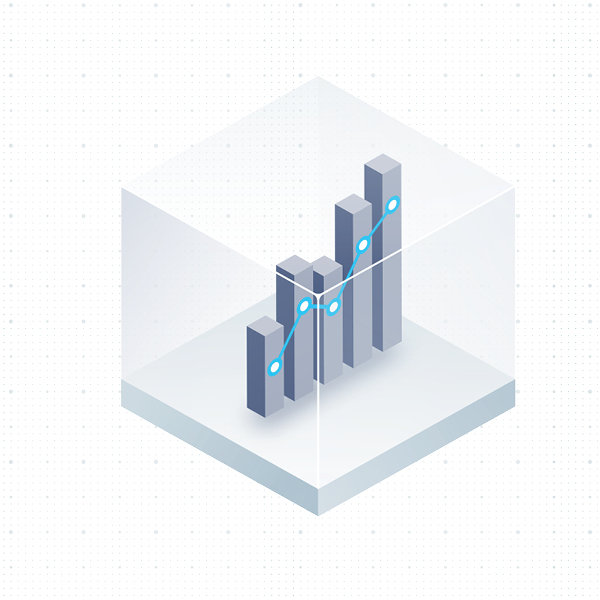
Predictive analytics / History with a future
Predictive Analytics is a data-analysis technique that harnesses Artificial Intelligence (AI) for proactive planning and processing. The AI component, with its self-reflective capacity, examines historical and real-time data to uncover patterns and create future scenarios. This enables informed decision-making based on predictive insights.

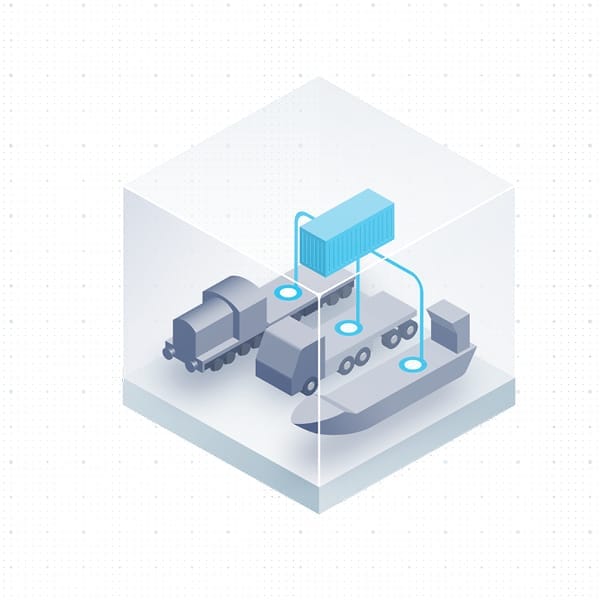
AI in Synchromodality / Network in transport
'AI in Synchromodality' combines digital computation with a seamless network of various transport methods. Synchromodal logistics unifies different modes of transport under a single management system. With the power of Artificial Intelligence (AI), optimal transport combinations can be rapidly identified, and adjustments to routes or methods can be made in real-time based on changing circumstances. This integration allows for efficient and flexible logistics operations.
Book a LogiVille tour
Discover LogiVille like never before! Click through to our tour page and choose from an array of exciting and informative tours to complete your experience.
